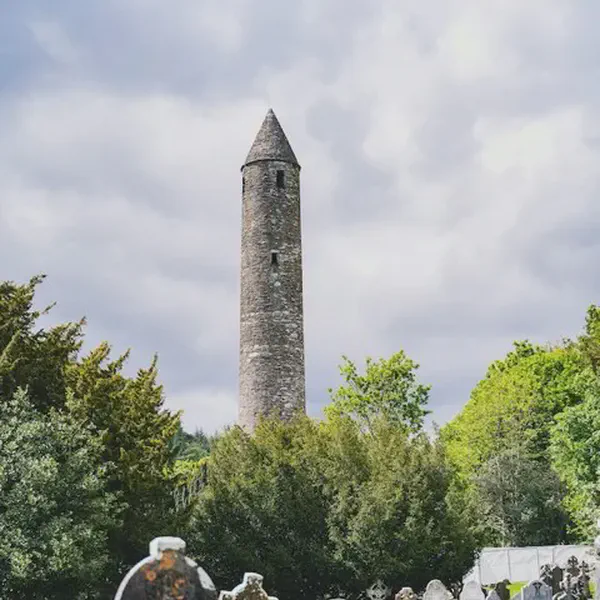
Due to the gross dislike of the Malt Tax there were wide spread riots across the country. Scotland was up in arms to resist the attempt to rob a poor man of his beer. The most serious of these was June 1725 in Glasgow.
The Right Honourable Robert Walpole, 1st Earl of Orford, KG, KB, PC (26 August 1676 ? 18 March 1745) was a British statesman who is generally regarded as having been the first Prime Minister of Great Britain. This position had no official recognition in law, but Walpole is nevertheless acknowledged as having held the de facto office due to the extent of his influence in the Cabinet. However, the term Prime Minister was never used officially at this time.
Now, in 1724 - 1725, But Walpole could put force on the Scottish Members of Parliament, a parcel of low people that could not subsist, says Lockhart, without their board wages. Walpole threatened to withdraw the ten guineas hitherto paid weekly by Government to those legislators. He offered to drop the sixpence on beer and put threepence on every bushel of malt, a half of the English tax.
On June 23, 1725, the tax was to be exacted. The consequence was an attack on the military by the mob of Glasgow, who wrecked the house of their Member in Parliament, Campbell of Shawfield. Some of the assailants were shot- General Wade and the Lord Advocate, Forbes of Culloden, marched a force on Glasgow, the magistrates of the town were imprisoned but released on bail, while in Edinburgh the master brewers, ordered by the Court of Session to raise the price of their ale, struck for a week; some were imprisoned, others were threatened or cajoled and deserted their Union.
The one result was that the chief of the Squadrone, the Duke of Roxburgh, lost his Secretaryship for Scotland, and Argylls brother, Islay, with the resolute Forbes of Culloden, became practically the governors of the country. The Secretaryship, indeed, was for a time abolished, but Islay practically wielded the power that had so long been in the hands of the Secretary as agent of the Court.
Celtic Holiday - Mid Summers Eve - ancient solar feast celebrated with bonfires throughout the Celtic Lands
